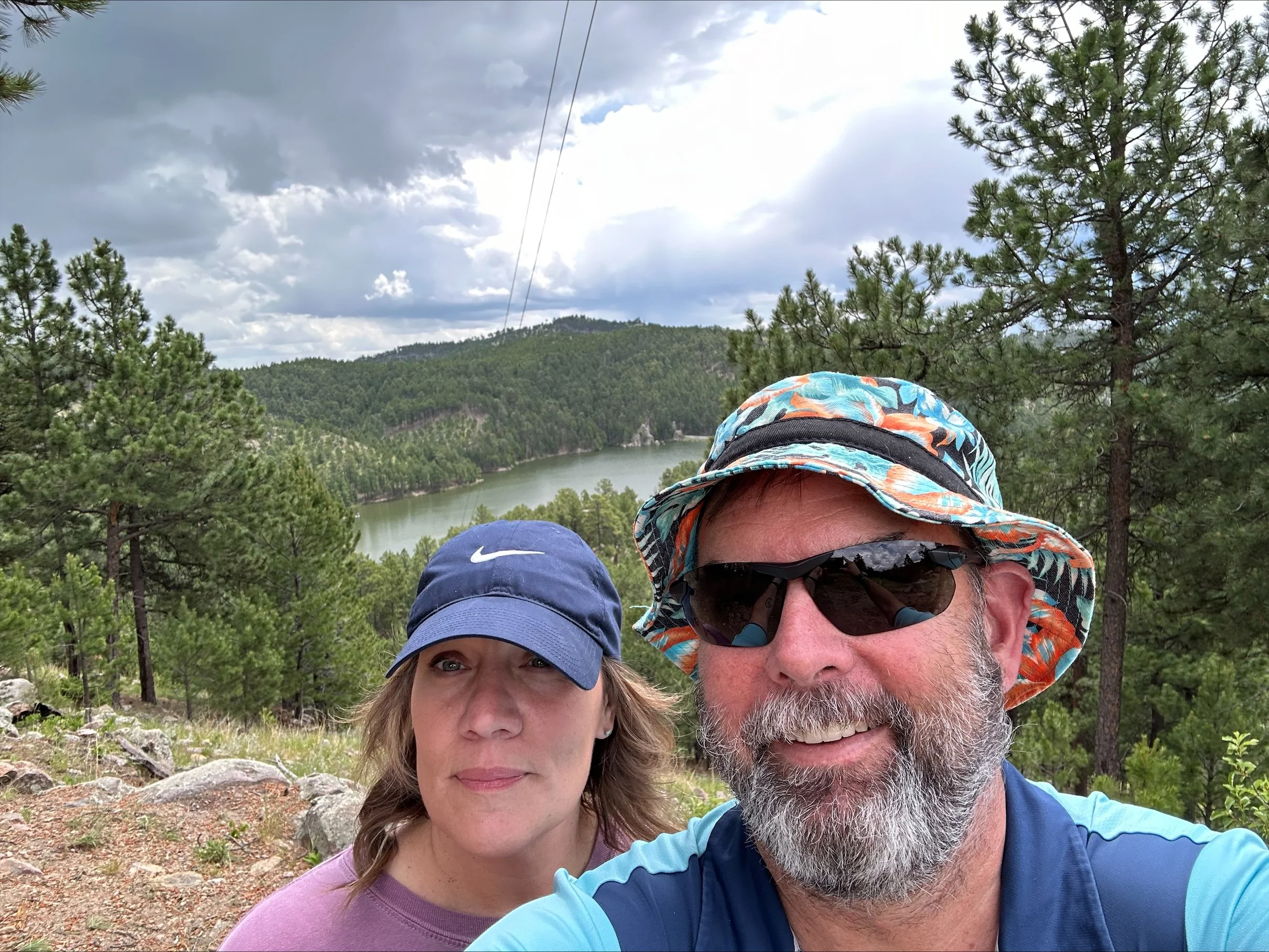Jeff’s Story
Jeff Connor is the Vice Chair of the Mental Wellness Campaign for Anoka County
What personal life events inspired you to join MWCAC?
On November 12, 2019, we lost our son, Waylon, to suicide. He had been struggling with his mental health and had spent about 10 days in the hospital before his passing. Waylon was frequently in trouble at school, and while the school often contacted us, they couldn’t provide any real guidance on how to help him. Our frustration grew as we struggled to find the right support. It wasn’t until an incident turned physical, prompting Child Protective Services to get involved, that we were connected to Washburn Children's Services for family counseling. Unfortunately, by then, it was too little, too late. That night, my wife and I were meeting with a counselor to discuss changing our parenting approach to better support Waylon, but we never got the chance to implement those changes. I don’t want other families to experience the same helplessness we felt, which is why I began advocating for better mental health resources. That’s how I found MWCAC.
How has MWCAC had a personal impact on you?
Joining MWCAC gave me a sense of purpose and direction in the wake of Waylon's death. It became an avenue for me to channel my grief into action and make a difference in the mental health landscape. The organization has not only provided a platform to advocate for change but has also connected me with others who understand the struggles of navigating the mental health system. It’s helped me realize that we can drive change and improve the support available for families in crisis.
What barriers have you or someone you love faced in receiving mental health services? How do you hope that MWCAC can help fill that gap?
One of the most significant barriers we faced was a lack of information and guidance. Before Waylon's hospitalization, there were no resources readily available or offered to us, even though his struggles at school were well-documented. We only learned about the services through Child Protective Services, which was far too late. I hope MWCAC can fill that gap by increasing awareness of available resources and making them accessible before a crisis occurs. Families shouldn’t have to wait for something drastic to happen to receive the help they need.
How has stigma surrounding mental illness had an impact on you/someone you love?
Waylon was deeply affected by the stigma around mental illness. He resisted treatment and often dismissed his struggles, saying things like, "Just lock me up and put me in a psychiatric hospital." It was clear that he felt ashamed of his mental health issues. I tried to reassure him that his brain was ill—no different than if he had a physical ailment like a heart problem—but the stigma was hard to overcome. This experience underscored the importance of breaking down the barriers of shame and judgment associated with mental illness, which I advocate for through MWCAC.
What dreams do you have for future generations surrounding mental health services and stigma in Anoka County? How do you see MWCAC assisting in that process?
I dream of a future where mental health services are accessible and integrated into our communities, and where seeking help is as routine as going to the doctor for a physical check-up. I want future generations to grow up understanding that mental health is just as important as physical health, without the fear of being judged. I see MWCAC playing a crucial role by raising awareness, providing education, and advocating for policies that prioritize mental health. Above all, I believe that love is the answer to mental illness. We need to treat people with kindness and compassion, no matter how they’re behaving, and create a supportive community where everyone feels valued and understood.

